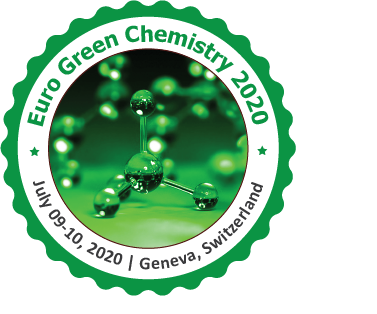
Adewale Adedo kun
Research scholar
Title: ENVIRONMENTAL SUSTAINABILITY THROUGH AN ECO-FRIENDLY DYEING SYSTEM ENVIRONMENTAL SUSTAINABILITY THROUGH AN ECO-FRIENDLY DYEING SYSTEM
Biography
Biography: Adewale Adedo kun
Abstract
The various processes used in the textile processing industry contribute its major portion to the environmental pollution. The discharge of highly coloured waste is not only aesthetically displeasing, but it also interferes with the transmission of light and upsets the biological processes which may then cause the direct destruction of aquatic life present in the receiving stream. A small amount of dye in water (10-50mg/L) is highly visible and reduces light penetration in water systems, thus causing a negative effect on photosynthesis. Escalating costs of effluent treatments due to increasingly stringent governmental regulations pose a major economic problem for the textile industry. The most effective means to curb these costs is waste minimization at the source by optimizing application processes. This itself is achieved by using some carefully chosen heterocyclic disperse dyes which were synthesized in our laboratory. Some novel 2-aminothiophenes were prepared from cyan acetates and a range of 1,3- dicarbonyl compounds such as, o-acetoacetotoluidide, 4-chloroacetoacetanilide, and o-acetoacetanisidide using the Karl-Gewald one-pot technique.

